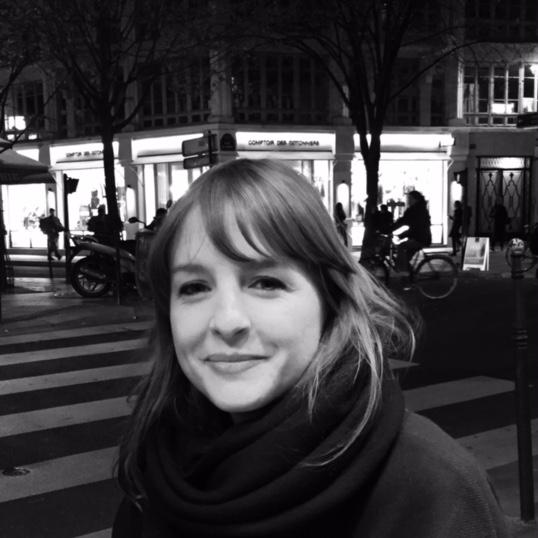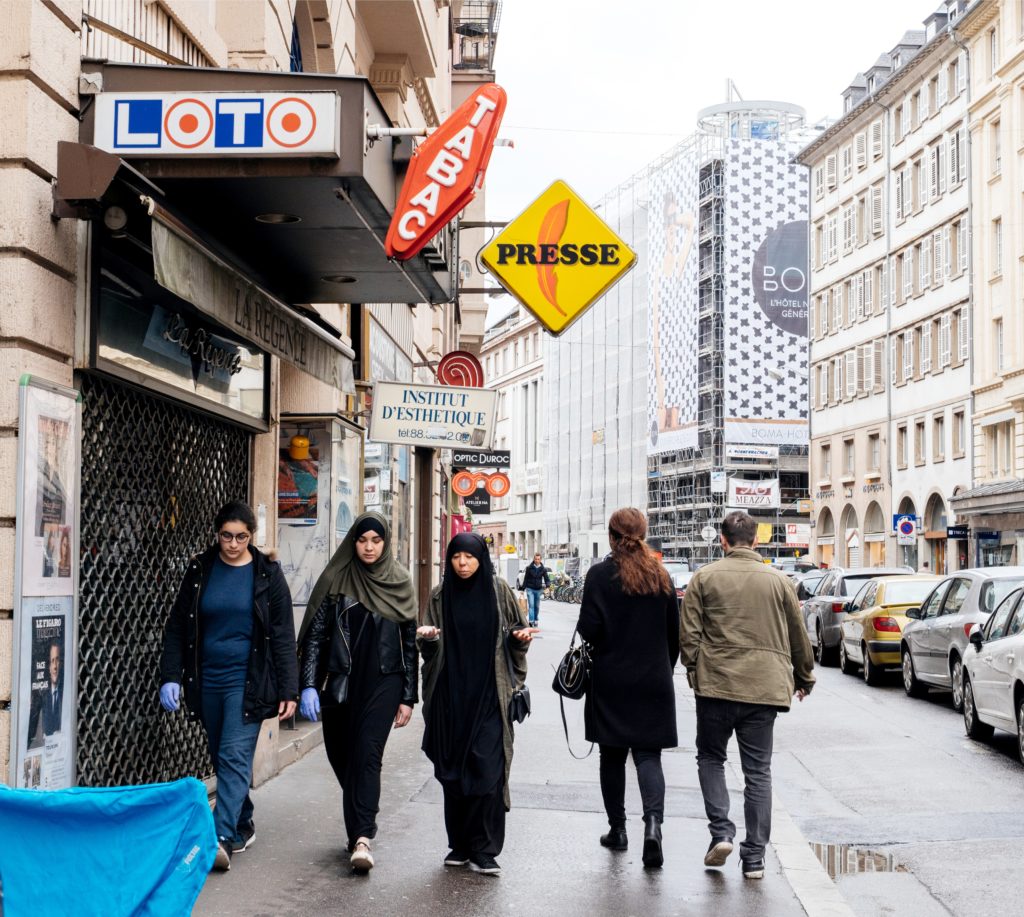A sociologist has discovered that Muslim contributions to or engagement with society, as newcomers, varies from France to Canada. Shedding light on how and why this is happening will inform national debates on religious diversity in both countries and around the world.
The rise of populist politicians in Europe and North America exhibiting intolerance towards minorities has spurred fierce debate around the effects of a growing Muslim minority on their respective national identities. Some countries have prohibited Islamic religious coverings in public spaces and institutions, while others haven’t. This remains an area of intense political debate.

Glendon Campus Professor Emily Laxer recently published an article on Muslim participation in society – that is, political and civic incorporation – in two countries: Canada and France. Laxer led this first-time study, published in the Journal of Ethnic and Migration Studies (2019), whose contributors included Jeffrey Reitz from the University of Toronto and Patrick Simon, of the French Institute for Demographic Studies (Paris, France).
She and her co-authors conclude that laws relating to citizenship and voting affect Muslims’ political membership and participation by determining access to official mechanisms of engagement.
Delving into these multi-layered subjects around multiculturalism and religious diversity could inform policy-makers, politicians and citizens in Canada and around the world.
This is in Laxer’s wheelhouse. With expertise in political sociology, immigration, citizenship, nationalism and gender, she has spent years wrestling with these complex issues. Her research focuses on how contests for political power shape the incorporation of ethno-religious minorities in large-scale immigration countries.
France and Canada chosen because they have vastly differing approaches to diversity
This original study examines the impact of national contexts on the political and civic incorporation of Muslim minorities by comparing France and Canada, with their sharply contrasting national integration models.
Why these two countries? Canada and France were selected because they have adopted radically different approaches to political and civic incorporation. French republican secularism demands that newcomers shed their cultural and religious particularities to actively engage, while Canada’s federal approach values diversity. Multiculturalism in Canada has become regarded by many as the cornerstone of Canadian identity, Laxer emphasizes. There’s also the unique case of Québec, which has developed a distinct – though unofficial – discourse of ‘interculturalism,’ which combines respect for pluralism with the promotion of Francophone culture.
“These three integration models – republicanism, multiculturalism and interculturalism – have been featured in recent debates on the acceptability of Islamic symbols and practices in the public sphere in each setting,” Laxer explains.

Data collected from surveys featuring immigrant and second-generation minorities
To launch this investigation, the researchers analyzed data from France’s 2008 Trajectories and Origins survey and Canada’s 2002 Ethnic Diversity survey. Most participants who responded to these surveys were between 18 and 60 years of age. Both surveys contain vast content on immigrant and second-generation minorities.
Broadly speaking, Laxer’s team looked at Muslim and non-Muslim responses to questions around citizenship, voting and civic participation. In doing so, they conducted a comprehensive analysis of the differences between Muslims and the mainstream population, as well as other minority groups, in both countries.
Findings get to the heart of the differences
Laxer and her colleagues’ analysis was three-pronged, and the findings were likewise categorized:
Citizenship: Citizenship rates are substantially higher in Canada than in France. The effect of this is negative in France, but positive in Canada where, in most cases, the majority of immigrants become Canadian citizens.
Voting rate: In France, 90 per cent of the Muslim community votes. In Canada, only 65 per cent of Muslims vote.
Civic participation: Rates are higher in the Muslim community in Canada, compared to counterparts in France, but overall, participation is low. This suggests that Muslims in both countries experience a similar degree of social isolation or lack of integration.

“Our findings suggest that laws pertaining to citizenship and voting shape Muslims’ political membership and participation by determining access to official mechanisms of engagement,” Laxer concludes. However, she emphasizes neither national model is necessarily superior in producing high levels of political and civic engagement.
Award-winning book also examines secularism in France and Quebec
In addition to the journal article, Laxer also published a book in the same year, which expands on the topic: Unveiling the Nation: The Politics of Secularism in France and Québec (McGill-Queen’s University Press). This publication just won the 2020 John Porter Tradition of Excellence Book Award from the Canadian Sociological Association.
Here, Laxer traces how the struggle of political parties for power and legitimacy shapes states’ responses to Islamic signs. Providing historical evidence and gripping, behind-the-scenes interviews with activists and politicians, she brings to light unseen links between structures of conflict and the strategies that political actors employ when articulating the secular boundaries of the nation.

In France’s historically class-based political system, she argues, parties on both the left and the right have united around a secular agenda to limit the siphoning of votes by the ultra-right. In Quebec, by contrast, the longstanding “national question” [French identity and culture] has led political actors to paint a picture with conflicting images of the province’s secular past, present and future.
This book adds a great deal to the discussion around how party politics shape the secular boundaries of nationhood in diverse societies.
What’s next for Laxer? Her current research focuses on representations of the rule of law by past and present populist politicians in Canada.
To read the research article, visit the publisher’s website. To learn more about the book, visit the publisher’s website. To learn more about Laxer, visit her profile page at Glendon.
To learn more about Research & Innovation at York, follow us at @YUResearch; watch our new video, which profiles current research strengths and areas of opportunity, such as Artificial Intelligence and Indigenous futurities; and see the snapshot infographic, a glimpse of the year’s successes.
By Megan Mueller, senior manager, Research Communications, Office of the Vice-President Research & Innovation, York University, muellerm@yorku.ca
